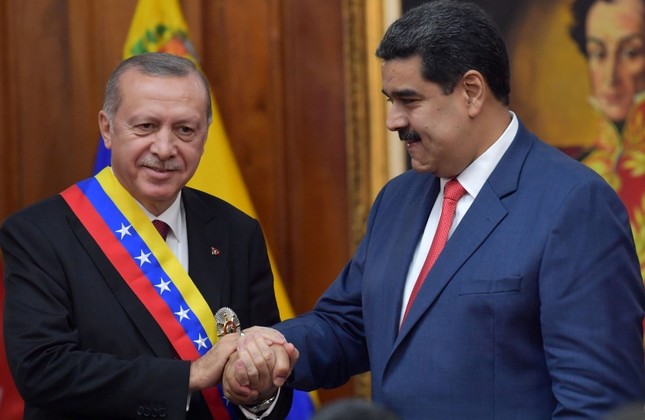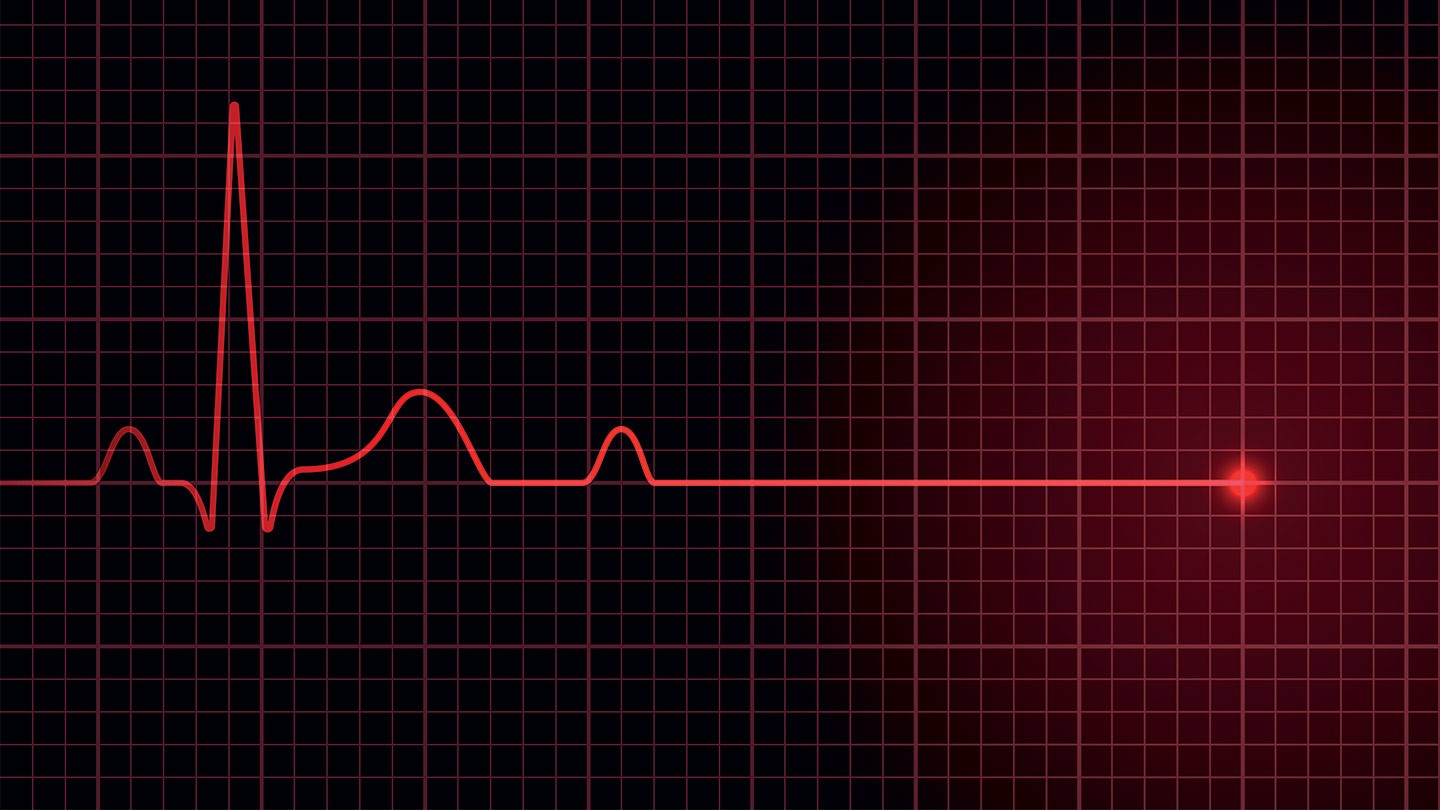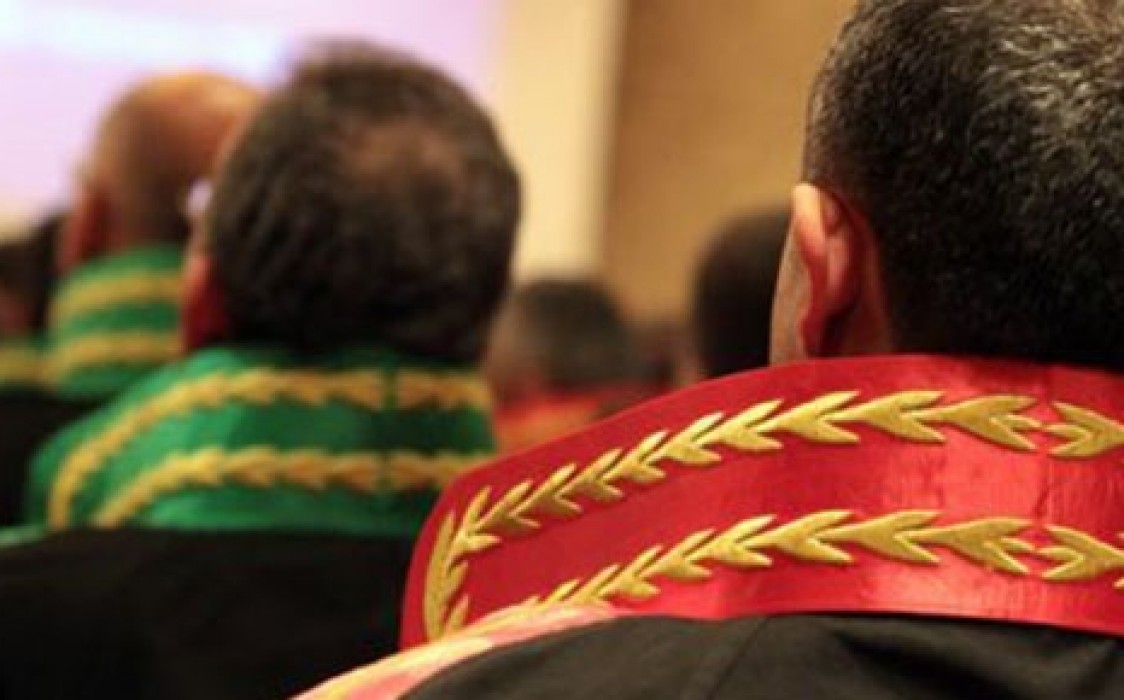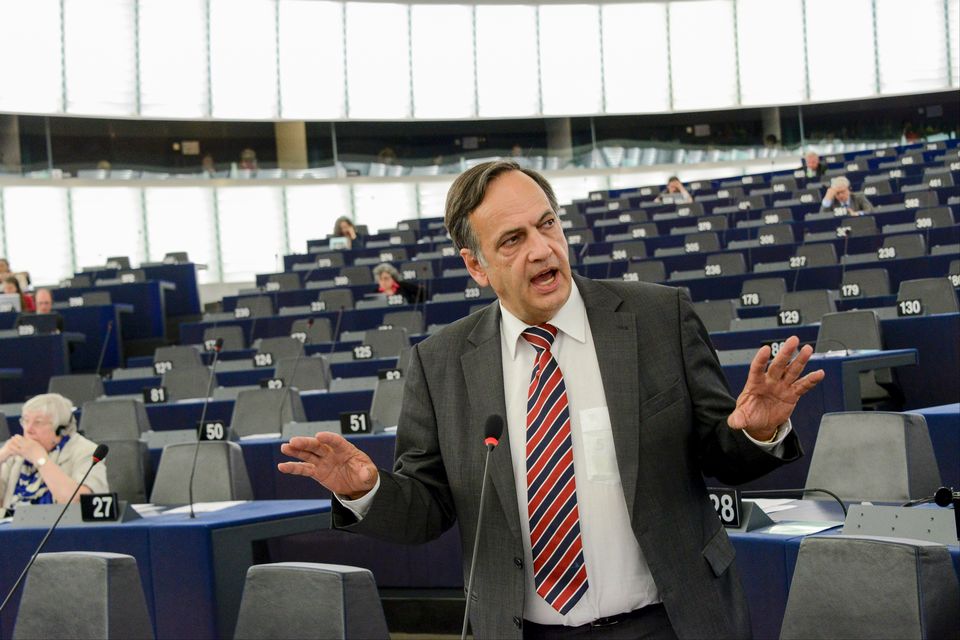[authorbox authorid=”28″ title=”Author”]
From one hand China, Russia (and Turkey) and from the other one the USA, Canada and main countries from European Union, Central and South America. If this separation reminds you something, this is not a coincidence, this is almost similar to the cold war between the Soviet Union and the USA. The Cold War was a period of geopolitical tension between the Soviet Union with its satellite states (the Eastern Bloc), and the United States with its allies (the Western Bloc) after World War 2 until the collops of the Soviet Union at 1991.
The Venezuela’s political crisis made this division to happen and show in a very clear way the new structure of the world order. The crisis in the South American country has been caught in a downward spiral for years with growing political discontent further fueled by skyrocketing hyperinflation, power cuts and shortages of food and medicine. More than three million Venezuelans have left the country in recent years. Last week, Venezuelan opposition leader Juan Guaido, declare himself as the president of the country instead of the Nicolas Maduro.
A short time after his declaration, the USA President Donald Trump recognized Guaido after he proclaimed himself acting president. Trump said on Sunday that the US army’s intervention in Venezuela was “an option”.
Central and South America: Argentina, Brazil, Chile, Colombia, Costa Rica, Guatemala, Honduras, Panama, Paraguay, and Peru followed, as did the head of the Organization of American States, Uruguayan Luis Almagro. European powers: Austria, Britain, Czech Republic, Denmark, Finland, France, Georgia, Germany, Latvia, Lithuania, Luxembourg, the Netherlands, Poland, Portugal, Spain, and Sweden recognized Guaido as Venezuela’s legitimate leader.
The European Parliament has called on all EU countries to do so. Australia, Canada, and Israel are among other countries to recognize him.
From the other side, China, Venezuela’s biggest creditor, with some US$20 billion dollars owed, says it opposes “external interference” by those who have recognized Guaido as the leader.
Russia is Venezuela’s number two creditor also backs it militarily: In December, Moscow sent two bombers and some 100 officers to Caracas for joint exercises. President Vladimir Putin has also accused the US and its allies of “interference”. Bolivia, Cuba, Iran, North Korea, and Turkey continue to back Maduro as the leader. With this world structure, any country takes a side and mark itself as part of a distinct group and even more important, group with distinct leadership. China and Russia led the Maduro support countries and the USA leadership Guaido’s supporters.
From the Europe and Turkey perspective it clear that the two belonging to the opposing blocks. It’s not only the belonging, Recep Tayyip Erdoğan, Turkey’s President, have been one of the great supporters of Maduro. Erdogan, whose government survived a coup bid in July 2016, has given support to Maduro in the wake of the crisis and told him on a phone call to “stand tall”. He also called the what happened in Venezuela as an “international coup attempt to remove the country’s elected leader from power”. If this is not enough to clear the opposing blocks situation, Erdoğan told his ruling party lawmakers in the parliament, referring to the European Union, that: “On one side you will say ‘democracy, democracy, democracy’ and ‘ballot box, ballot box, ballot box’ and later you will dare to topple the government by violence and ruse”.
At this point, the EU has to understand that Turkey under Erdoğan regime in no more a reliable country and that his policy turned to be pro-Eastern policy and no more pro-Western policy like previous days. With this understanding, the EU as one of the main part of the Western block has, must to work to build a new working protocol with Turkey. This protocol policy can be “Trust but verify “or in the Jewish phrase “Respect him and suspect him”, meaning to cooperate with and to respect the current Turkish regime, but to understand that any of their acts are needed to be check under seven eyes before accepting or rejecting it.
The days when Turkey wished to join the EU passed, and now it has new allies, and Turkey has been very supportive and shows it supports in high profile.
- New shuffle of cards in macro politics? - 12/02/2019
- What Caused the Change in the U.S. Policy Regarding Fethullah Gülen’s Issue? - 01/01/2019
- Being a Jew under Erdoğan’s Rule - 20/09/2018



